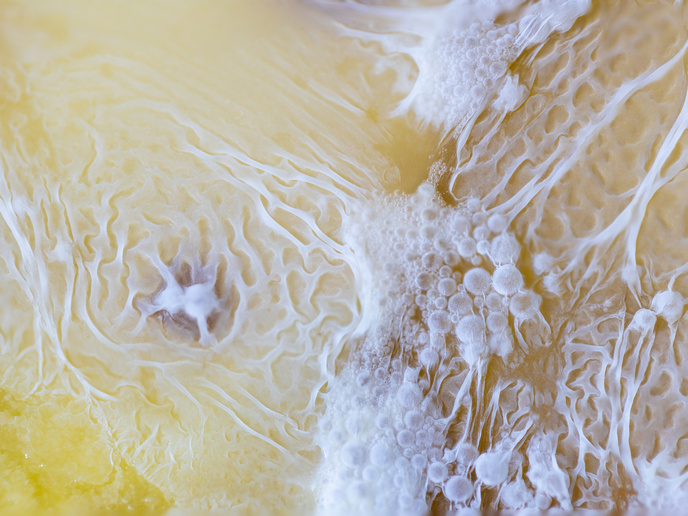Young researchers get the most out of manure
Global livestock production has grown dramatically to meet the human population's increasing demand for animal protein. Changes in production systems have resulted in increased pollution to the air, aquifers, surface waters and soil. Furthermore, there has been an uncoupling of the sites of animal production from crop and animal feed production as a result of intensification of farming. This has led to surplus amounts of manure in livestock production areas. To solve these problems, the livestock industry must develop new technologies to reduce environmental impacts of manure surpluses and improve sustainability. The REUSEWASTE(opens in new window) (Recovery and use of nutrients, energy and organic matter from animal waste) project was established to address these challenges. REUSEWASTE brought together 8 major EU research groups from leading universities and research institutes from the most livestock-intensive regions of Europe and 8 key agri-environmental technology companies comprising biological, agronomic and engineering disciplines. Furthermore, two public regulatory authorities were involved in testing and verifying the technology and in environmental protection. The project trained 13 young scientists in the new technologies for improved and sustainable recovery and use of energy, organic matter and nutrient resources in manure. The young scientists developed and improved both new and established technologies for the production of bioenergy, environmentally friendly fertilisers, and improvement of soil, water and air quality. Research focused on manure characterisation, treatment technologies and management, energy and nutrient recovery, recycling into crop production and system analysis. Examples of work conducted included a new way to predict carbon mineralisation dynamics for large numbers of organic waste samples and new strategies for slurry acidification. The successful gasification of poultry litter and pig manure was also carried out at the pilot scale, producing char and ashes for use in plant fertilisation trials. In addition, researchers investigated the effect of different slurry treatments on maize production and quality. They also separated and dried manure solids with acidification to improve fertiliser value. Finally, modelling of nutrient use efficiency and losses in the manure management chain in the EU-28 was also conducted to quantify potentials of manure management and treatment technologies to reduce environmental impacts. REUSEWASTE provided the research fellows with a unique opportunity to obtain the knowledge and skills needed to exploit new technologies for managing animal wastes. This included both scientific and complementary skills, such as project planning and management, intellectual property rights and patenting, and research ethics. This will pave the way for promising research careers and benefit the European economy and research environment.







